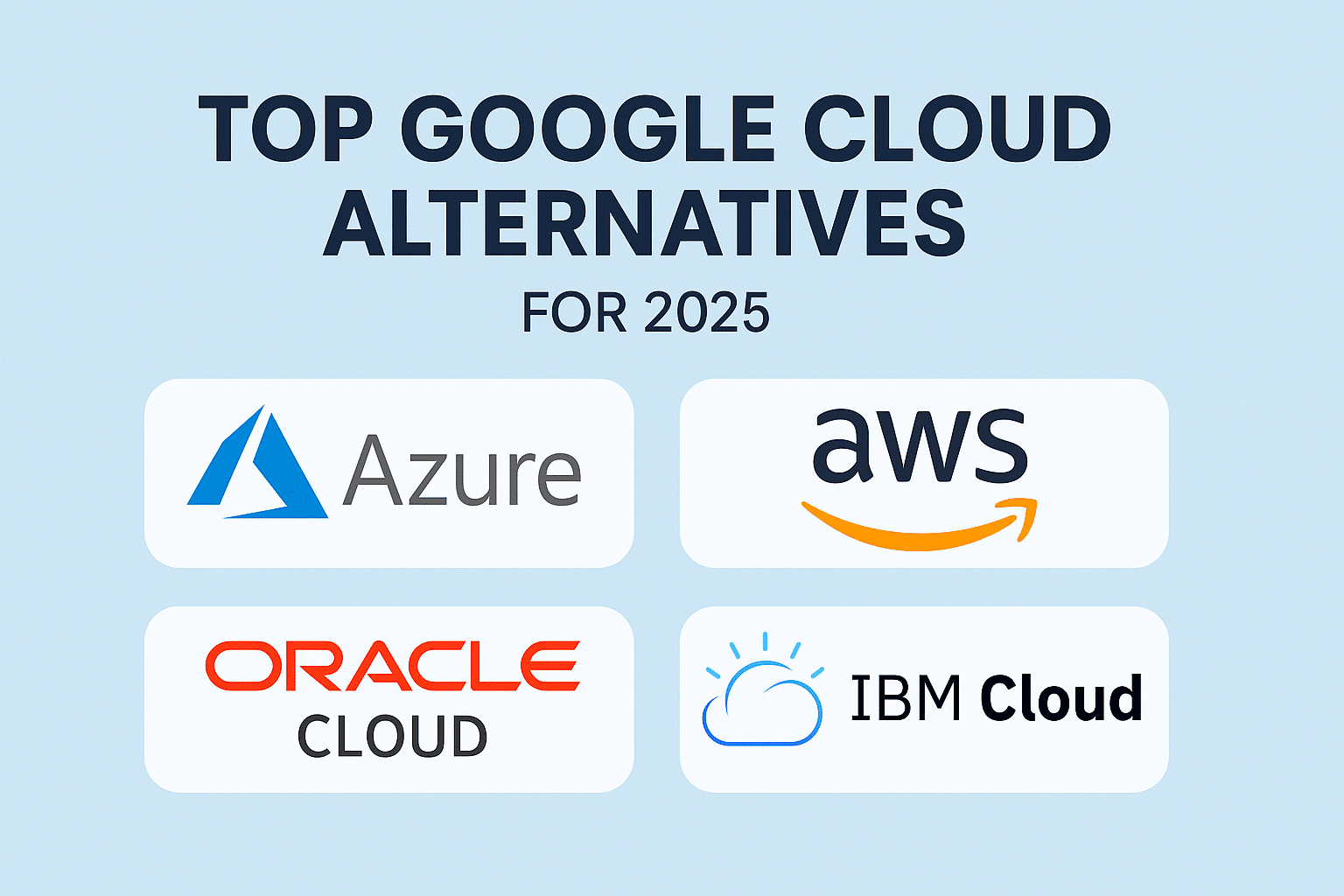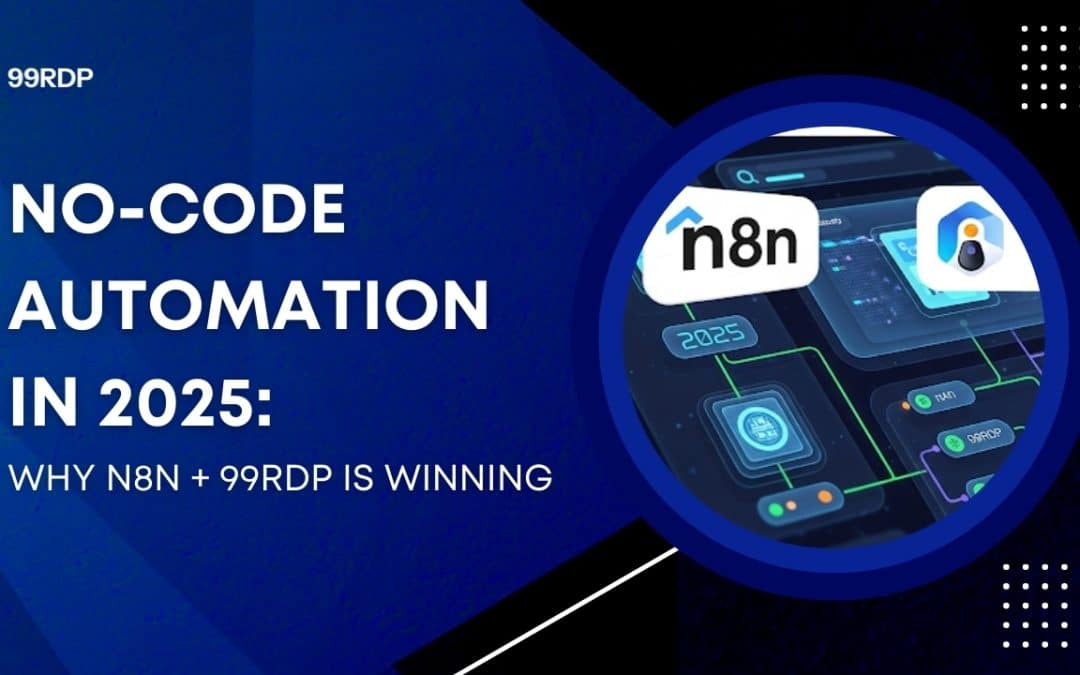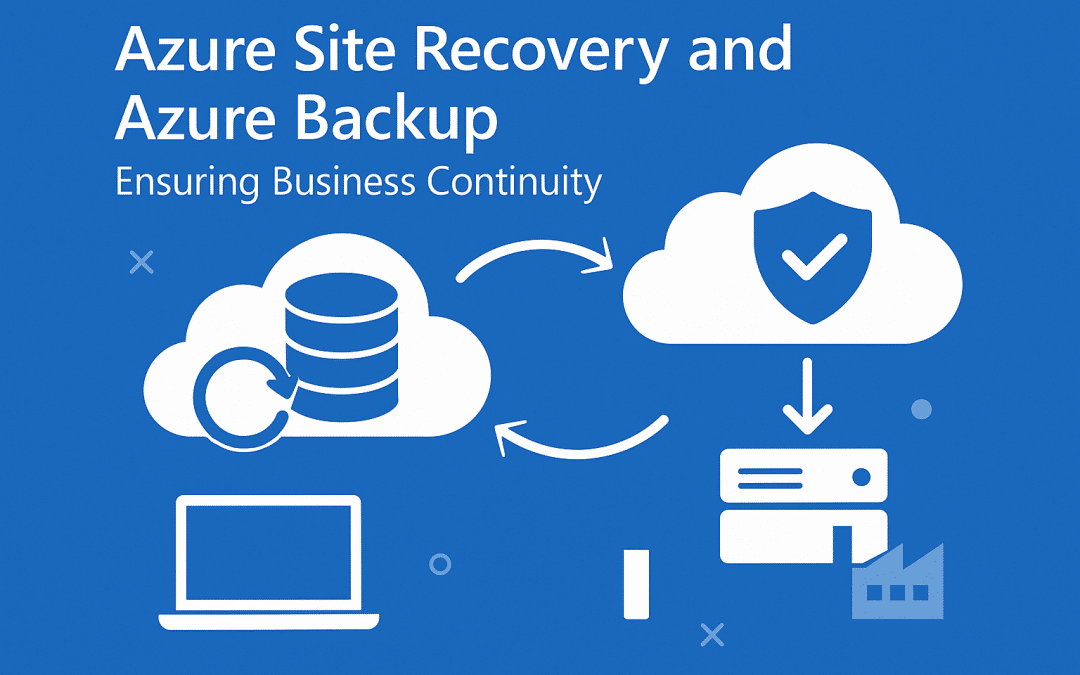
In 2025, businesses continue to seek flexible, scalable, and cost-effective cloud solutions to meet their digital transformation needs. While Google Cloud Platform (GCP) remains a strong contender, several robust alternatives offer comparable—and sometimes better—performance, pricing, or specialized features. Whether you’re looking for better regional coverage, open-source integration, or a more budget-friendly option, here are the top Google Cloud alternatives to consider in 2025.
1. Amazon Web Services (AWS)
Why consider it?
AWS is the most mature and widely adopted cloud platform, offering the broadest range of services. Its global infrastructure, AI/ML capabilities, and strong security tools make it a top-tier choice for enterprises.
Best for: Enterprises, startups, and developers needing an extensive ecosystem and global reach.
2. Microsoft Azure
Why consider it?
With deep integration into the Microsoft product suite, Azure is a perfect choice for organizations using tools like Windows Server, SQL Server, and Office 365. Azure also excels in hybrid cloud and enterprise-grade compliance.
Best for: Enterprises already invested in Microsoft technologies.
3. IBM Cloud
Why consider it?
IBM Cloud focuses on AI (via Watson), hybrid cloud, and enterprise-grade security. It’s also a leader in compliance-heavy industries like finance and healthcare.
Best for: Businesses needing advanced AI or strict regulatory compliance.
4. Oracle Cloud Infrastructure (OCI)
Why consider it?
OCI has improved significantly in performance and price competitiveness. It’s optimized for Oracle applications and databases, with a strong focus on high availability and security.
Best for: Businesses using Oracle products or needing predictable pricing.
5. DigitalOcean
Why consider it?
DigitalOcean is ideal for startups and developers who want simple pricing and an easy-to-use interface. It offers managed Kubernetes, app platforms, and droplets for fast deployment.
Best for: Small businesses, startups, and indie developers.
6. Linode (Now Akamai Cloud Computing)
Why consider it?
Linode, acquired by Akamai, provides low-cost, developer-friendly cloud hosting with good global coverage. It’s a solid choice for small to medium-sized workloads.
Best for: Developers, small businesses, and those focused on cost savings.
7. Vultr
Why consider it?
Vultr provides affordable cloud infrastructure with a focus on performance and simplicity. It offers a wide range of instances and a global network.
Best for: Lightweight applications and developers needing quick deployment.
Conclusion
While Google Cloud remains a reliable choice, these alternatives provide compelling value depending on your business size, technical requirements, and budget. Whether you’re migrating for better support, lower costs, or specialized features, 2025 presents a rich landscape of cloud platforms to explore.
Top Google Cloud Alternatives for 2025 (F.A.Q)
What is the most popular Google Cloud alternative?
AWS is the most popular alternative, offering a wider range of services and a larger global infrastructure.
Which alternative is best for small businesses?
DigitalOcean and Vultr are budget-friendly options with simple interfaces ideal for small businesses.
Is Azure better than Google Cloud?
Azure may be better for enterprises using Microsoft products or requiring hybrid cloud capabilities.
Are there cheaper alternatives to Google Cloud?
Yes. Providers like Linode, Vultr, and DigitalOcean typically offer more predictable and lower pricing.



